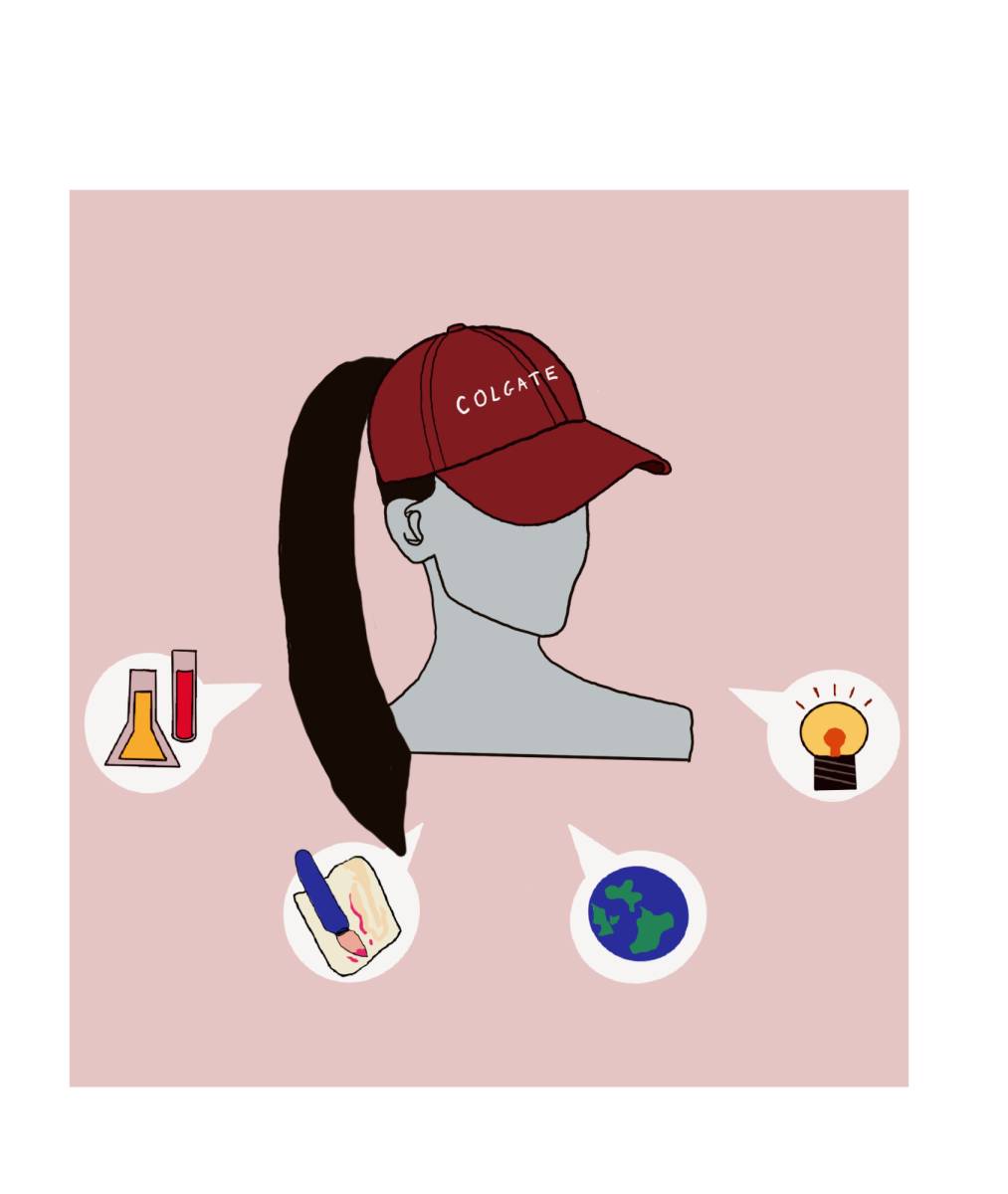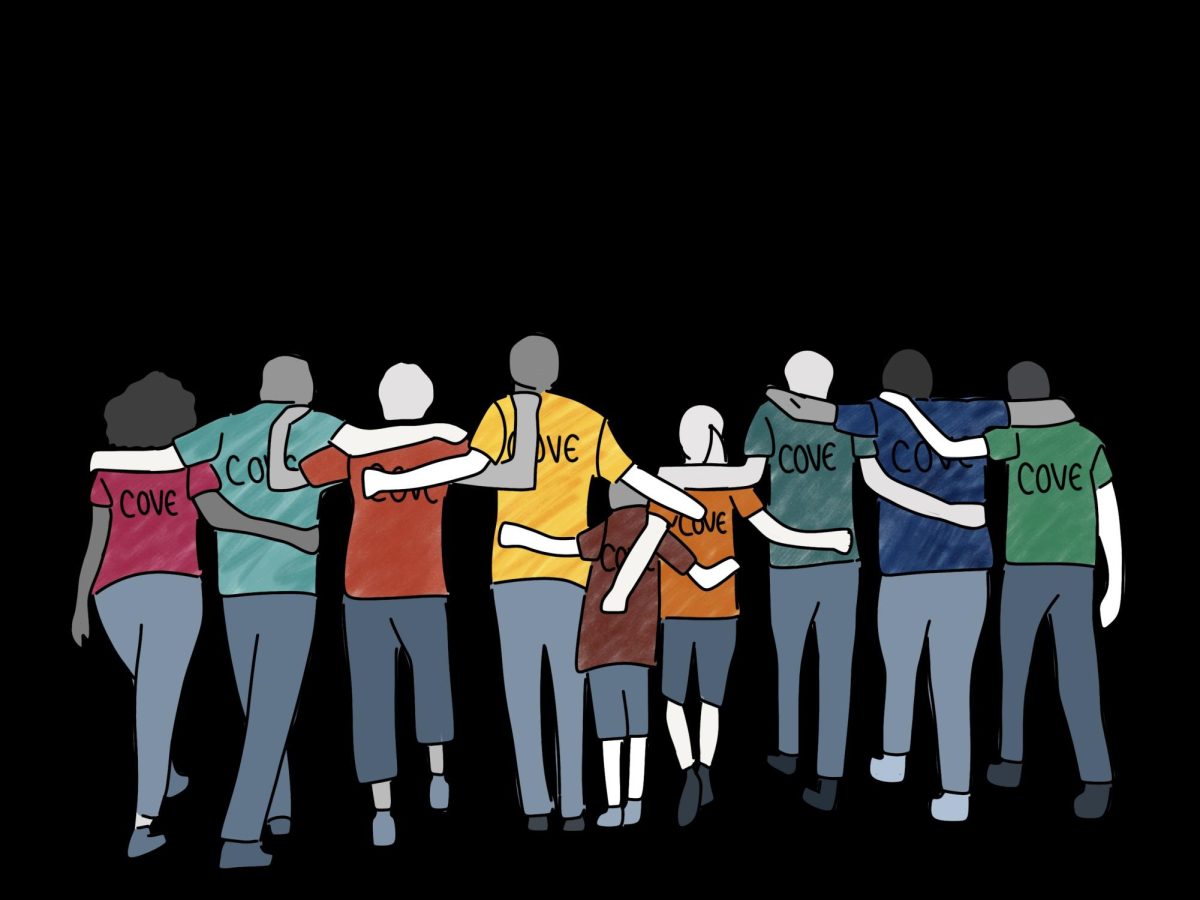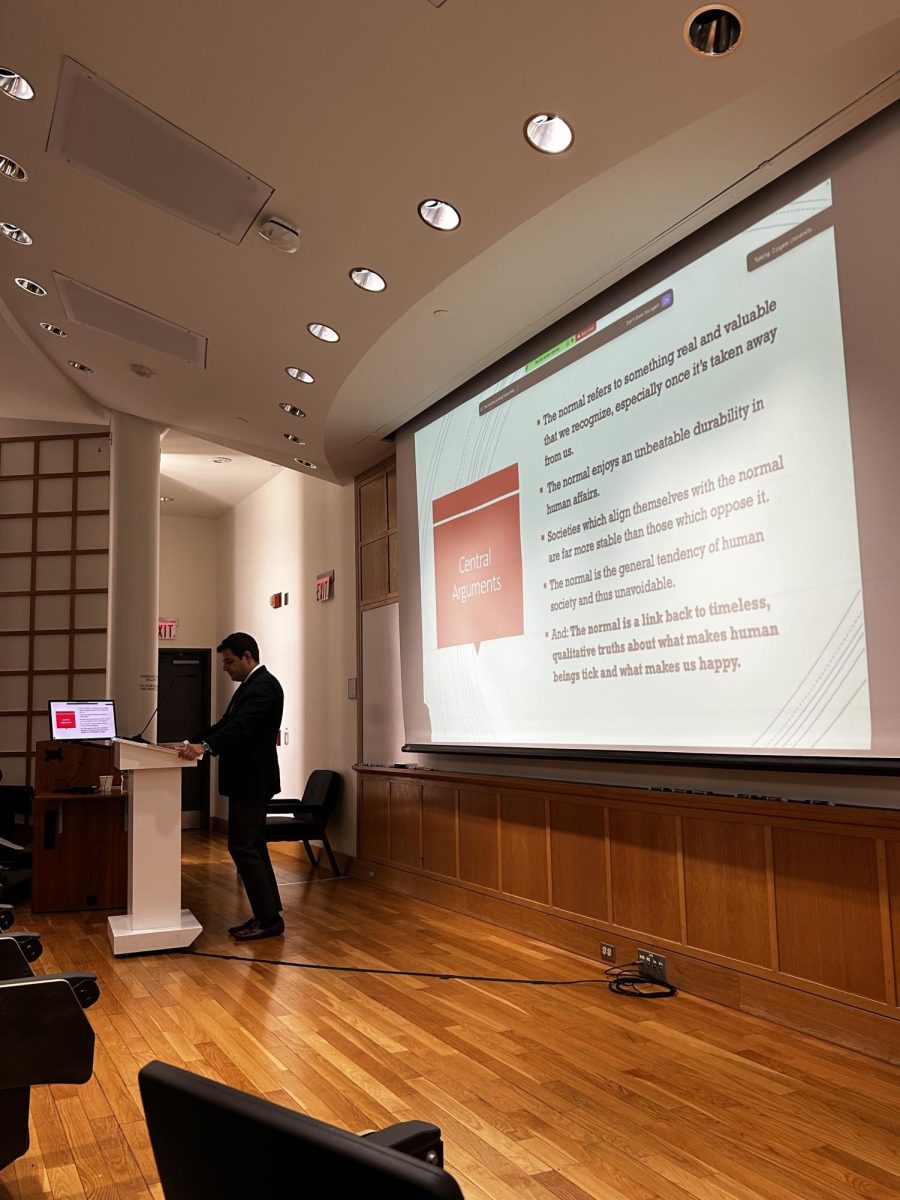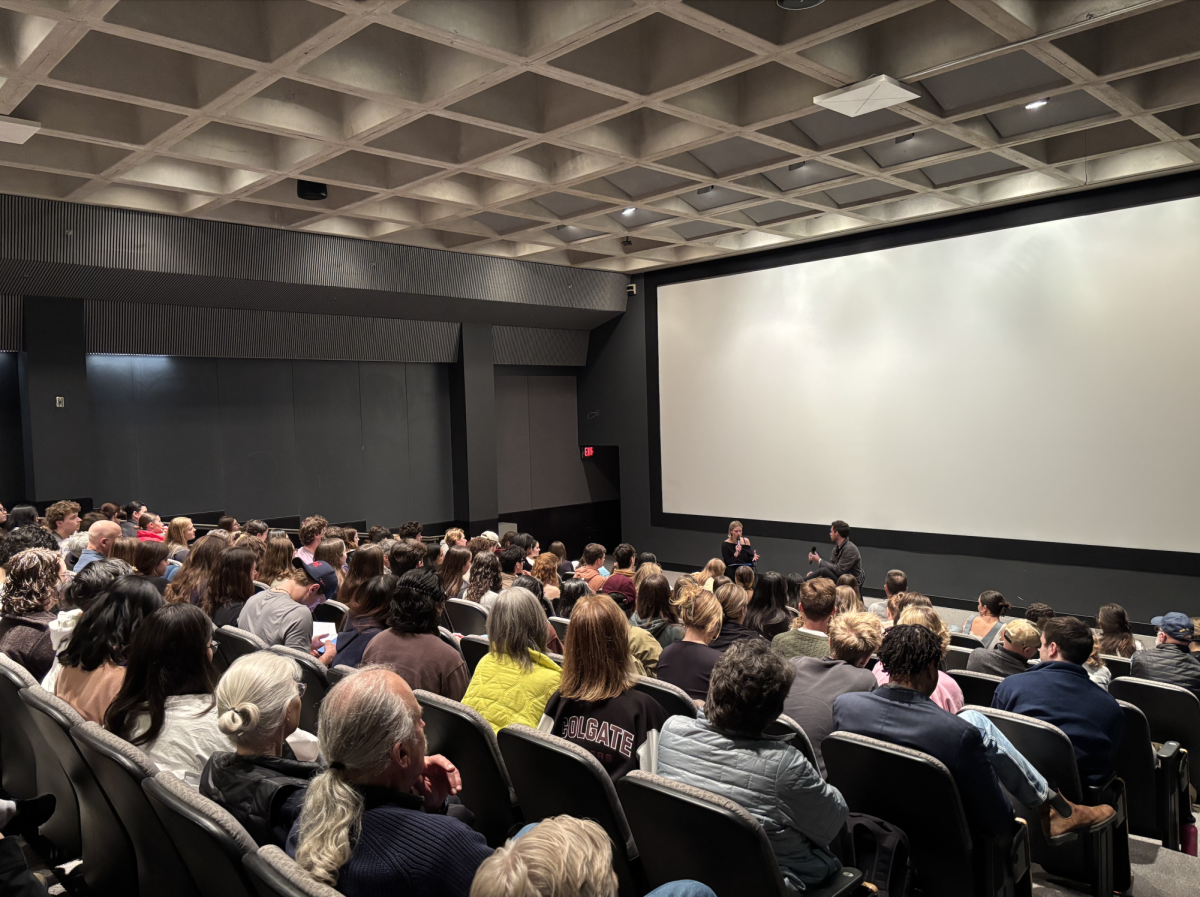The campus, the academics, the alumni network, Division I sports. These are all examples of the many reasons why our current study body applied to Colgate University, but one that you might not hear too often is the Core Curriculum. Colgate’s website describes the Core Curriculum as “a common intellectual project for the University, exposing students to diverse fields of study and modes of intellectual and creative inquiry across the curriculum and further Colgate’s commitment to diversity, equity and inclusion.”
I know that is not why I applied to Colgate. If anything, the Core Curriculum is more of an annoyance to some students than anything else. I mean, as a political science major, why do I need to be taking earth science classes?
That is the interesting dichotomy to me about the liberal arts education offered at Colgate: We are forced to study subjects in which we have no desire to do so, yet we lack subjects that may be of more interest, such as business and marketing or other more specific majors that bigger schools offer. I have heard my friends and peers complain about this tirelessly. If they want to go into marketing, what exactly should they be majoring in at Colgate? What about if they are interested in engineering? They say that the Core Curriculum has one response: too bad.
So, what is the point of our academics being set up in this way? Why do we have to explore all these different areas and departments to graduate? Seriously, what is the point?
When high school students start applying to colleges, they can be as young as 16 and have to make their decision regarding which institution to attend when — or before — they are even 18. I have heard it said a million times that college is one of the most transformative times in a person’s life. It could be their first time living away from their parents and learning to be independent, as well as exploring what their career could possibly entail. How could a high school-aged student really know that they want to commit themselves to a business school, or an engineering school, where they will only be exposed to one small niche and not much else?
When we first arrive at Colgate, we are asked to fill out a questionnaire about our academic interests and potential majors and minors. This form gets us placed into classes for our first semester, but we do not directly pick those classes ourselves. This is the first step in subjecting students to topics that both align with their interests and ones that might not. Throughout the rest of our time at Colgate, we are required to take classes that fall into several areas of study: first-year seminars (FSEMs), communities, conversations, science, liberal arts practices and an area of inquiry. Classes within these areas vary somewhat, but all show students a variety of different topics and fields and allow them to engage with other students and professors with differing interests and perspectives that they may not have met otherwise.
In creating this diverse curriculum, students develop skills in reading, writing, critical thinking and more. Students who may have otherwise just focused on business are exposed to arts and classical literature, and vice versa. As we move forward in our time here and have more exposure to so many different areas of study and what they would look like in the real world, we have a much better idea of what we actually want to do when we graduate, instead of what we just assumed was the right choice for us as 17- and 18-year-olds entering college.
So, yes, Colgate might technically be missing some of those majors available at other schools, but the Core Curriculum gives students the opportunity to explore a plethora of subjects rather than a sole, niche interest. More than that, this exposure helps students become more critical thinkers and think outside of their major and specialization. Just look at our alumni — Colgate students are going big places, and our liberal arts education is getting us there.

















